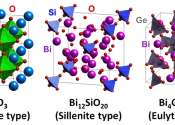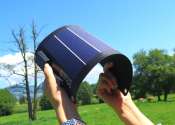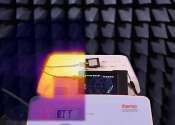Mac at 40: User experience was the innovation that launched a technology revolution
Technology innovation requires solving hard technical problems, right? Well, yes. And no. As the Apple Macintosh turns 40, what began as Apple prioritizing the squishy concept of "user experience" in its 1984 flagship product ...
Jan 21, 2024
0
1









